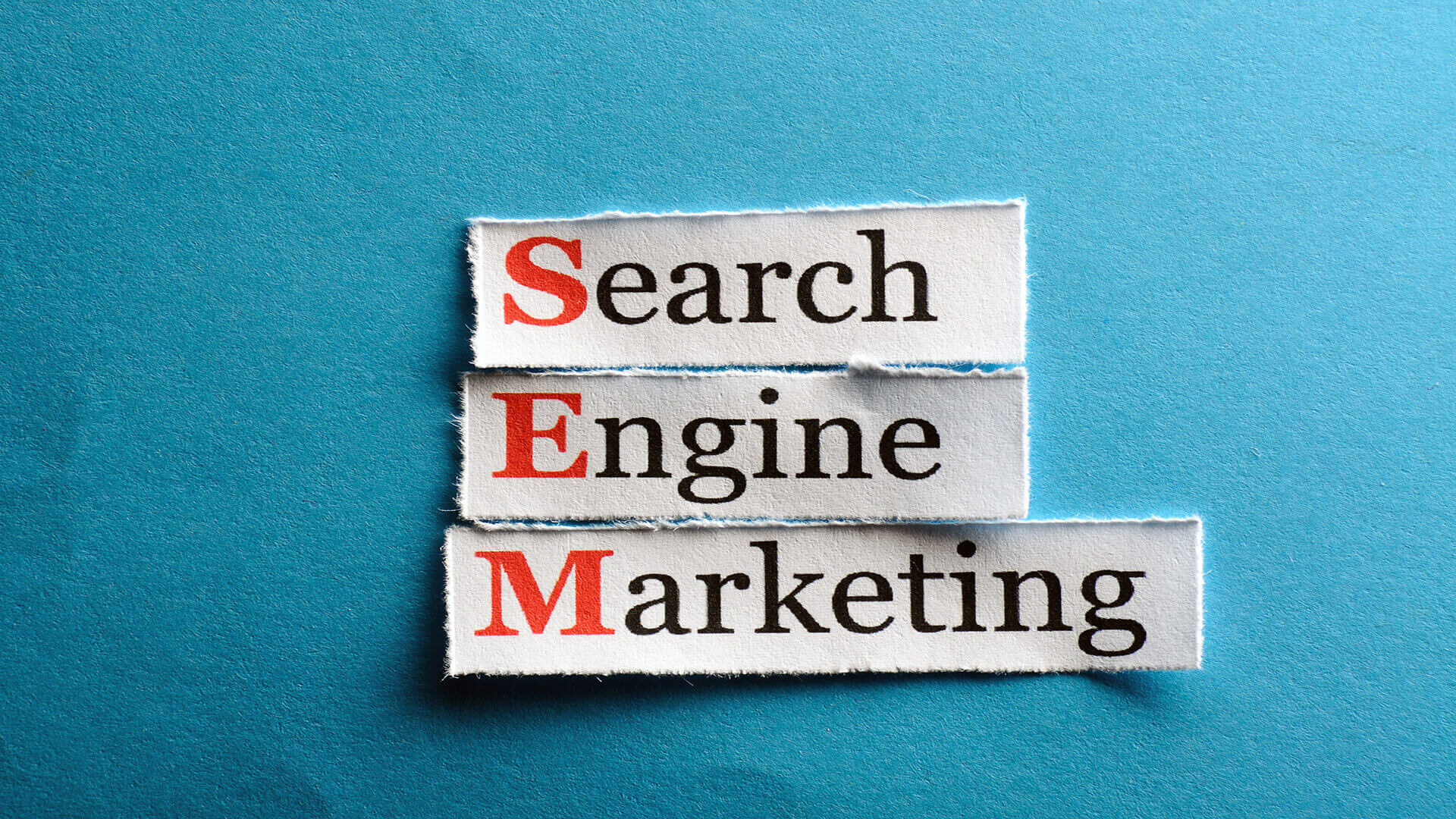SEO and SEM are some of the most common abbreviations used in the acronym soup of digital marketing.
NB: This is article consists of extracts from a recent guide produced by Cendyn, one of our Expert Partners
So what’s the difference – and how can they benefit your hotel?
While both tactics are essential components of a successful digital marketing strategy, each has its nuances. This guide will delineate the differences between search engine optimization (SEO), and search engine marketing (SEM).
Subscribe to our weekly newsletter and stay up to date
By the end of this guide, you’ll have a better understanding of these two pillars of digital marketing and be ready to take the next step when it comes to optimizing your hotel’s organic and paid placements on search engines.
When to pick SEO vs SEM?
Conceptually, the difference between search engine optimization (SEO) and search engine marketing (SEM) is straightforward: SEO is a foundation for long-term digital marketing effectiveness, and SEM is your go-to, get-it-done performance engine.
When you need to drive bookings, allocate budget to SEM. For most hotels, it’s a rapid-response, performance marketing tool. When you want to build a sustainable direct booking strategy that increases profitability per booking, invest in SEO. As your optimization efforts come to fruition, SEO will be an investment that builds over time. Eventually, you’ll be earning more organic traffic without having to spend on a costper-click basis.
One crucial distinction between the two digital marketing tactics is the timeframe. SEO is a long-term investment in your hotel’s website that builds over time, whereas SEM is a short-term performance-driven tool to boost market share, increase occupancy and accelerate pickup.
Effective SEO requires research on optimal key phrases, which becomes the foundation for a content strategy and on-page SEO across your website. From there, it’s a continuous effort to optimize and adjust to frequently changing search engine algorithms. Since rankings are constantly in flux, SEO is a long-term strategy that requires ongoing commitment. Otherwise, you’ll see any SEO gains diminish over time as competitors out-position your hotel in organic search.
On the other hand, SEM is more of a near-term, “instant action” tactic. Since SEM is campaign-based, targeted campaigns can be launched quickly, with results in realtime so that you can evaluate the impact and adjust tactics right away. All it takes is putting a payment method into an SEM ad platform, upload copy, choose your key phrases, select an objective and set the campaign live. As a rapid response tactic, SEM can be used to build awareness, fill gaps and optimize your entire purchase funnel.
SEO
Intent
To make informed decisions about your SEO strategy, it’s important to consider different parts of the funnel based on intent. Low-intent terms, often around destination research and travel inspiration, often align best with SEO.
SEO is driven by research that illuminates the intent of specific searches. Which keywords drive your ideal guests to your hotel’s website? Of these keywords and phrases, which do you have a realistic chance of ranking for?
Many of those terms will be long-tail phrases with fewer searches but less competition – and a better chance of ranking organically. As your research identifies terms that you can be competitive for, you’ll build a content strategy (and technical plan) to optimize your hotel’s website for your target terms.
Of course, there are overlaps and nuances. SEO doesn’t always have to be low-intent. As part of your overall digital marketing strategy, a smart SEO-driven content plan can bring higher-intent guests looking for specific content via long-tail searches. These “niche guests” may indeed be in the booking mindset.
SEM
Intent
Understanding where and how to implement your SEM strategy can be partly defined by intent. High-intent terms, such as “hotels near me for tonight,” are generally better suited to SEM.
While SEO requires a content strategy and an on-page technical plan, SEM raises your hotel’s visibility against target keywords and phrases. You choose which searches to show your ads against, set your bid and the SEM platform does the rest. SEM can also be used to target long-tail keywords with higher intent without having to invest in longterm SEO on your website.
Download the complete guide here




